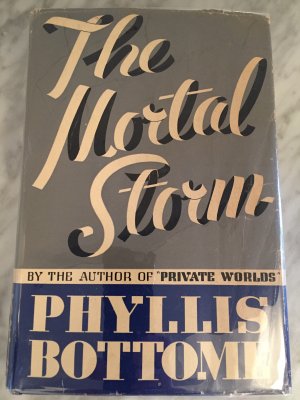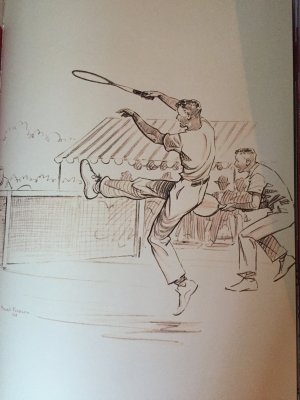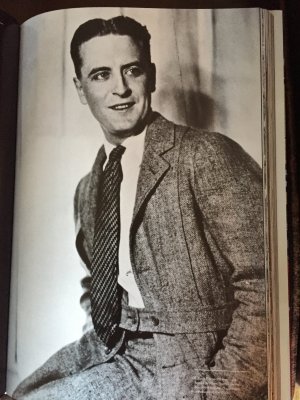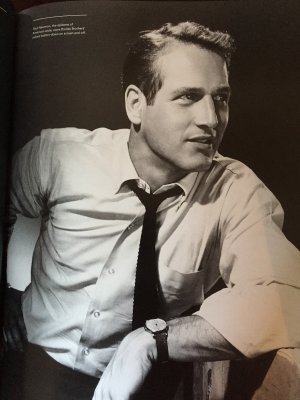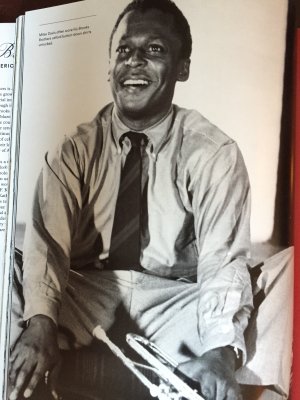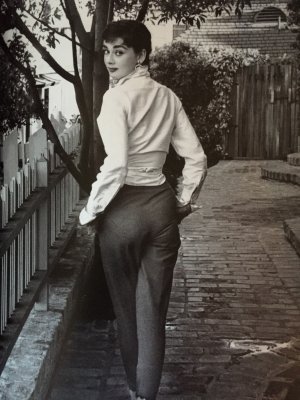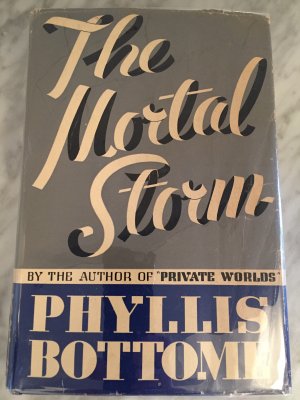LizzieMaine
Bartender
- Messages
- 34,113
- Location
- Where The Tourists Meet The Sea
"Points On The Dial: Golden Age Radio Beyond The Networks," by Alexander Russo. I make a point of reading any book I come across where I'm listed in the bibliography, and I found this one an interesting, if bone-dry examination of the role of independent broadcasting versus hegemony of the networks in the Era. The study of John Shepard, impresario of New England's Yankee Network was particularly thorough, revealing that Shepard and NBC had very much an "I wish I could quit yew" relationship thruout the thirties, and that Shepard seemed to be the kind of broadcaster who relished defying New York just for the sheer contrariness of it.
Some interesting figures also turn up in this book -- as late as 1937, nearly half of Americans had no dependable local access to NBC or CBS programming, which is quite late in the game for an industry that was constantly patting itself on the back about what a good job it was doing uniting the country like never before.
Another solid bit of research documents just how dependent broadcasters were on recordings and transcriptions by the mid-1940s, with over half of all American radio content coming from discs by that time: the use of recordings at the local level far outweighed the networks' insistence on live programs. The myth that the rise of the disc jockey was tied to the rise of rock-n-roll is conclusively put to rest here. Not a book for the general reader, but if you're interested in the nuts and bolts of radio, it's quite worthwhile.
Some interesting figures also turn up in this book -- as late as 1937, nearly half of Americans had no dependable local access to NBC or CBS programming, which is quite late in the game for an industry that was constantly patting itself on the back about what a good job it was doing uniting the country like never before.
Another solid bit of research documents just how dependent broadcasters were on recordings and transcriptions by the mid-1940s, with over half of all American radio content coming from discs by that time: the use of recordings at the local level far outweighed the networks' insistence on live programs. The myth that the rise of the disc jockey was tied to the rise of rock-n-roll is conclusively put to rest here. Not a book for the general reader, but if you're interested in the nuts and bolts of radio, it's quite worthwhile.



